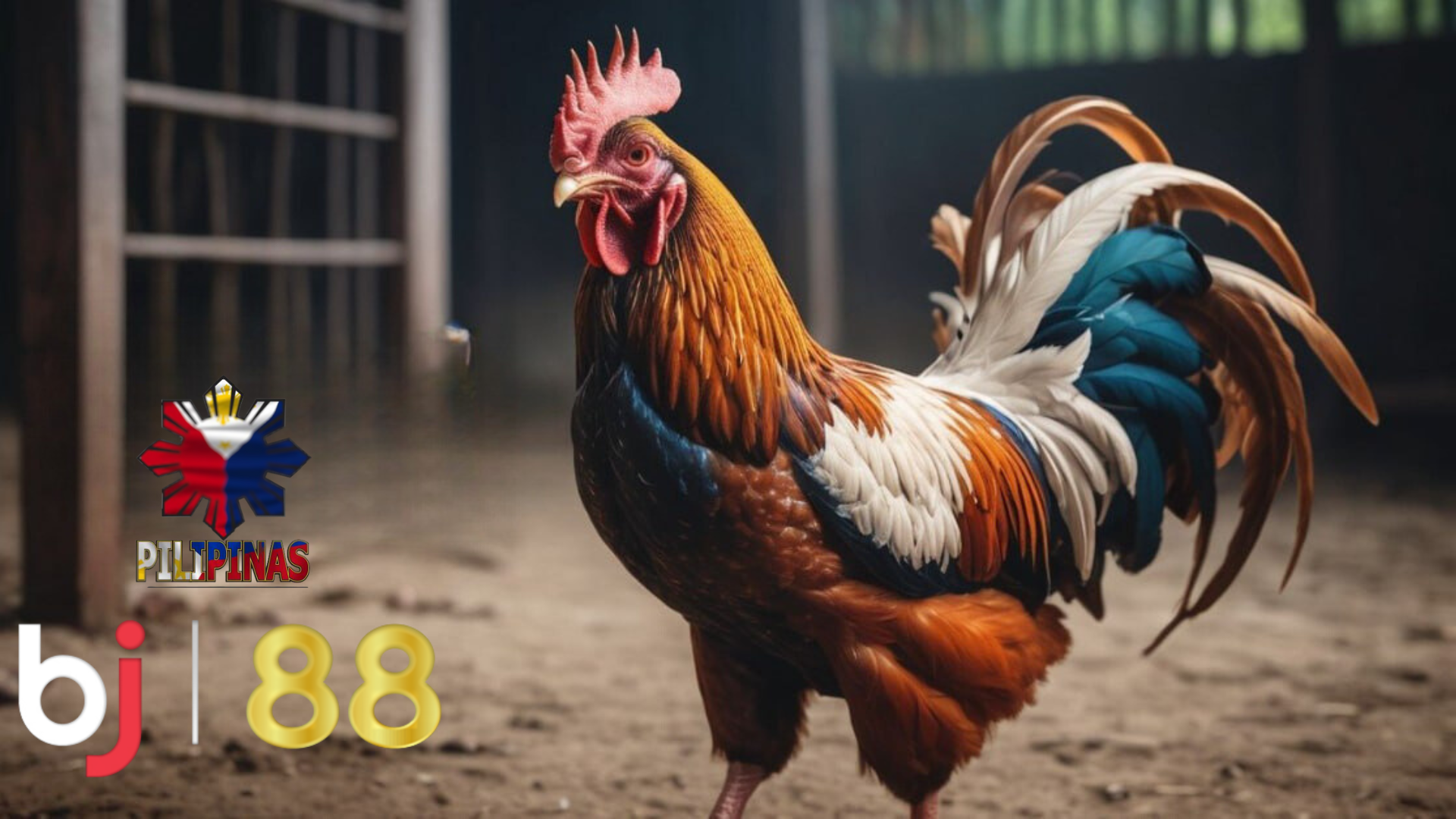Sabong, or cockfighting, has been a deeply rooted cultural tradition in the Philippines for centuries. Traditionally held in rural settings, this pastime has transitioned from physical cockpits to the digital domain. The surge in online sabong’s popularity has brought both enthusiasm and controversy. This article delves into the rise of online sabong in the Philippines, its societal impact, and the regulatory challenges it faces.

Sabong in the Philippines is more than a sport; it is a social and cultural event that unites communities. Traditionally, it involves roosters battling in a ring with spectators placing bets on the outcomes. These events usually take place in licensed arenas where fans gather to watch and wager on the fights.
With the rise of the internet and mobile technology, sabong has embraced a new platform. Online sabong enables enthusiasts to bet on and watch cockfights from their homes. Dedicated websites and apps offer live streams of the fights, betting options, and a community for fans to interact.

The convenience of online sabong has greatly fueled its rapid growth. Enthusiasts can now participate without needing to travel to physical arenas, expanding the sport’s reach. This accessibility has drawn a larger audience, including younger generations who prefer digital interaction.
Economically, online sabong has opened new revenue streams. Online platform operators profit from betting commissions and subscriptions, while the government benefits from taxes and licensing fees. Furthermore, it has created jobs in tech support, online marketing, and related fields.

Despite its popularity, online sabong operates within a complex legal framework. Traditional sabong is regulated by the Cockfighting Law of 1974, but online sabong occupies a gray area, necessitating specific regulations.
In response, the Philippine Amusement and Gaming Corporation (PAGCOR) has taken steps to regulate the industry. PAGCOR issues licenses to online sabong operators and ensures compliance with gaming laws. However, the regulatory framework is still evolving, with ongoing debates concerning ethical issues, gambling addiction, and the potential for illegal activities.

Online sabong has ignited ethical discussions about animal welfare and gambling addiction. Animal rights activists contend that online platforms might encourage more frequent and widespread cockfighting, potentially leading to greater animal cruelty. Additionally, the anonymity and accessibility of online betting raise concerns about increased gambling addiction, particularly among vulnerable individuals.
To address these issues, regulators and operators are collaborating to implement responsible gambling measures. These include age verification, betting limits, and support for those struggling with gambling addiction. There are also calls for stricter enforcement of animal welfare laws to ensure humane treatment of the roosters.
Conclusion
Online sabong in the Philippines represents a compelling blend of tradition and technology. While it has generated economic benefits and expanded the sport’s reach, it also presents significant regulatory and ethical challenges. The future of online sabong hinges on balancing cultural preservation, animal welfare protection, and responsible gambling practices. As the industry continues to grow, ongoing dialogue and regulation will be essential in shaping its development.

